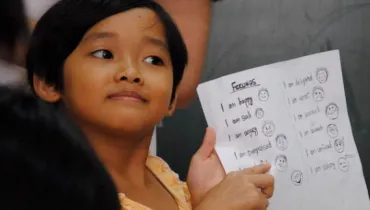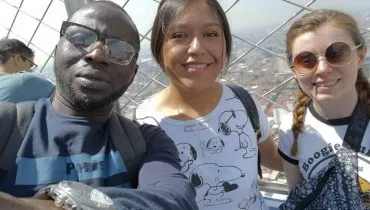Requirements
This Award is open to ANYONE 18+.
What we are looking for in an Explorer:
- A person who is curious about other cultures, tolerant of differences and is flexible and open to engage with new and at times challenging situations.
- A person who is willing to engage with EIL upon their return to Ireland, to share their experience, and to learn with others.
- A person who is seeking a different and new opportunity that can provide open mindedness, global awareness, self reflection and self improvement.








